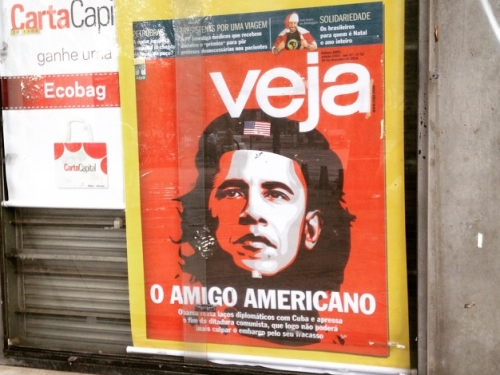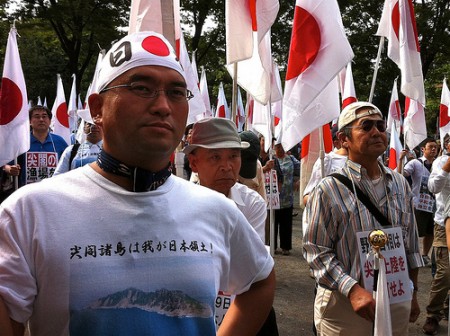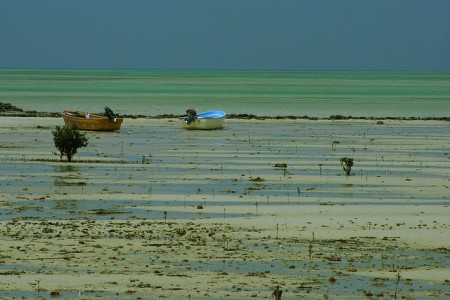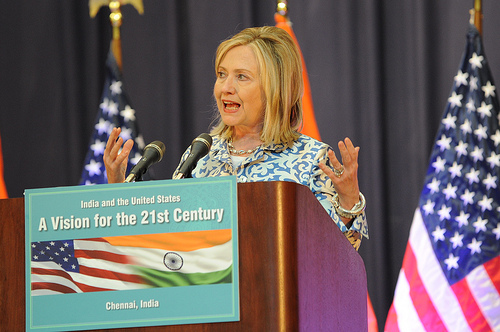
This article was originally published by the World Policy Blog on 17 September, 2015.
True to Barack Obama’s campaign pledge to directly engage radical regimes without preconditions, and in spite of having no diplomatic relations with them, his administration negotiated a breakthrough diplomatic deal. Meanwhile on the domestic front, the president has thus far prevailed over vehement congressional opposition and a storied, ethnically-based foreign policy lobby in pursuit of such an agreement.
While this capsule description fits the “Iran deal,” that titanic political battle has eclipsed a similar case that preceded it only seven months before: the agreement to restore normal diplomatic relations between the U.S. and Cuba. And rather than any negotiation with Iran, it may be the Cuba precedent that is more clearly instructive of the political strategy accompanying Obama’s use of his executive powers in the context of divided government and acute partisan polarization in Washington.




